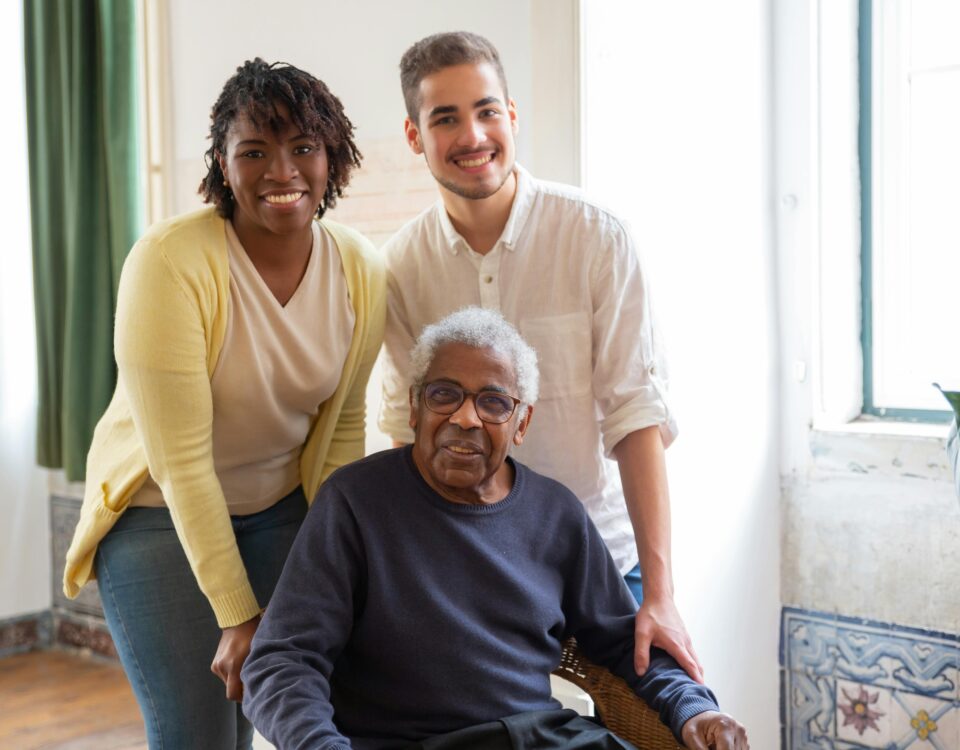You can’t always be there. But we can.
4 Areas of Focus Before Moving Your Elderly Loved One into Your Home

What is Assembly Bill 1217?
November 1, 2015
Have You Been Misled by Popular Arthritis Myths?https://1heartcares.com/los-angeles-about-us/
June 20, 20164 Areas of Focus Before Moving Your Elderly Loved One into Your Home
Elderly Care Rolling Hills CA
A family caregiver faces a lot of tough decisions and one of them can be when it’s time to move your elderly loved one into your home. If that’s what you’re considering doing, it can be a wonderful experience for you and your loved one both. But it’s also important to look at all angles to make sure that your loved one is safe and happy.
Safety of the Home
The major overarching concern when moving an elderly loved one into your own home is whether the home is safe for your loved one or not. Depending on your loved one’s current health level and conditions that she’s dealing with, you may have different areas of concern. The big things to start with, though, are things like tripping hazards, fire safety, and general safety in the home. If you’re not sure where to start, consider hiring a contractor or even talking to someone from your local fire department.
Basic Functions of the Home
Once you have any safety issues ironed out, it’s time to start looking at whether the home is functional for your elderly loved one. This means that she’s able to actually use most of the features in the home without having to rely on others for help with every activity. For example, if the doors have knobs that are difficult for a loved one with arthritis to grasp and to turn, you might consider replacing the knobs with levers or simply adding door knob covers that make them easier to operate.
Socialization at Home
Another aspect to look at is what kind of socialization your elderly loved one can expect while living in your home. For some families, there is a period of time in the evening where everyone gathers without phones or other devices and has a genuine time of sharing. Other families are more rushed and overbooked, so that time may be lacking. If your loved one is going to be home alone a lot, particularly during the day, you may want to consider hiring home care providers who can spend time with her or help her to get out and about.
Reducing Negative Emotions at Home
Elderly loved ones can experience negative emotions for a variety of reasons, just like everyone else in the family. But there may be other situations, such as a loved one who is dealing with dementia, when your loved one is frustrated, confused, or agitated. Some of these situations can be prevented if you learn her triggers and do your best to eradicate them whenever possible. Work with her doctors and her care providers to get a thorough understanding of her triggering situations.
By taking a look at these different aspects of your home, you can help your loved one to settle in much more rapidly.


